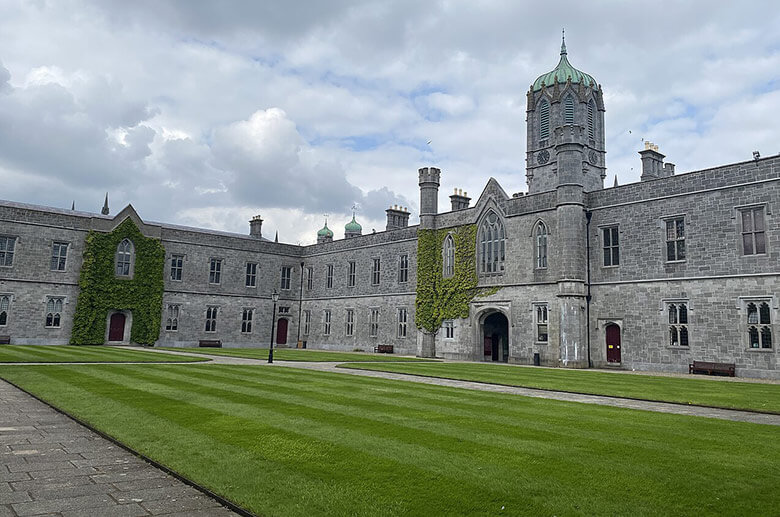
Photo Wikipedia
Galway
National University of Ireland, Galway: a hub for neuroscience innovation
Located on Ireland’s stunning west coast, Galway combines academic excellence with a vibrant, welcoming culture. Known for its world-class neuroscience programs and innovative research, NUI Galway offers students the chance to work alongside leading scientists in cutting-edge labs. The university is deeply invested in brain health research, providing students access to interdisciplinary projects that make a real-world impact. With its beautiful campus and dynamic student life, Galway promises an inspiring and enriching experience.

Credits Claudio Schwarz on Unsplash
Berlin
Charité – Universitätsmedizin Berlin: a pioneer in medical research
As one of Europe’s largest university hospitals, Charité – Universitätsmedizin Berlin is a powerhouse of medical and neuroscience innovation. Students at Charité benefit from a robust academic program that integrates advanced neuroscience training with real-world medical applications. Berlin’s rich history and vibrant cultural scene provide the perfect backdrop for academic growth and personal exploration. With state-of-the-art facilities and renowned faculty, Charité offers a learning environment where ambitious students thrive.
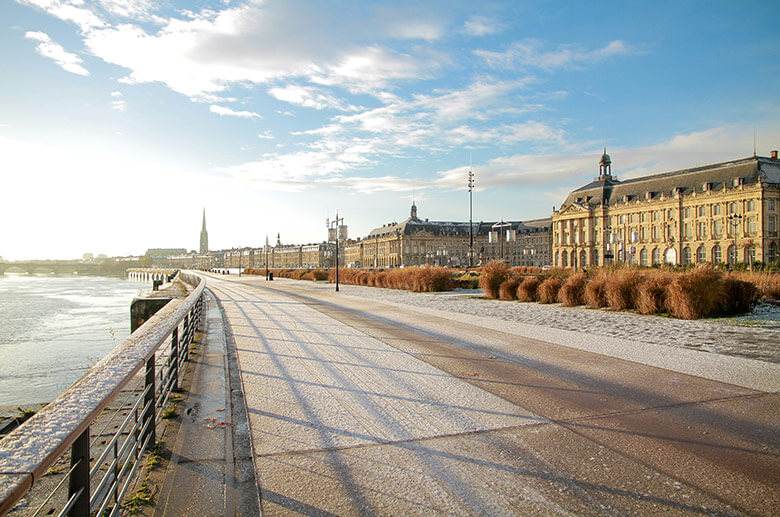
Bordeaux
University of Bordeaux: excellence in neuroscience education
Renowned for its expertise in neuroscience, the University of Bordeaux is a leader in research and innovation. Its Neurocampus is home to some of the most advanced research facilities in Europe, making it an ideal place for students passionate about studying the brain. The university emphasizes interdisciplinary collaboration, offering students the chance to engage with experts in various fields. Located in a city celebrated for its culture, gastronomy, and vibrant student life, Bordeaux provides an environment where academic excellence meets quality of life.
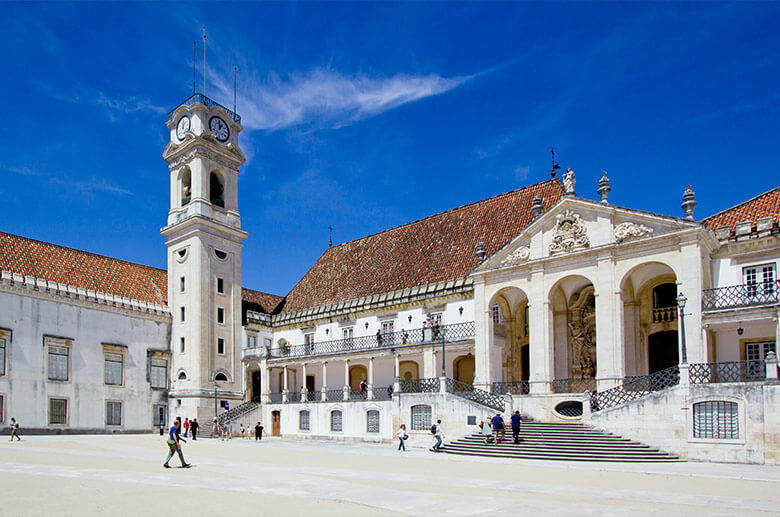
Photo José Francisco García Cuenca on Unsplash
Coimbra
University of Coimbra: a tradition of academic excellence
With a history spanning over 700 years, the University of Coimbra is one of Europe’s oldest and most prestigious institutions. Its neuroscience programs are deeply rooted in innovation, offering students access to pioneering research in neurobiology and cognitive sciences. The university’s blend of tradition and modernity creates a unique academic atmosphere. Situated in a UNESCO World Heritage city, Coimbra provides an inspiring setting where students can immerse themselves in a rich cultural and academic experience.
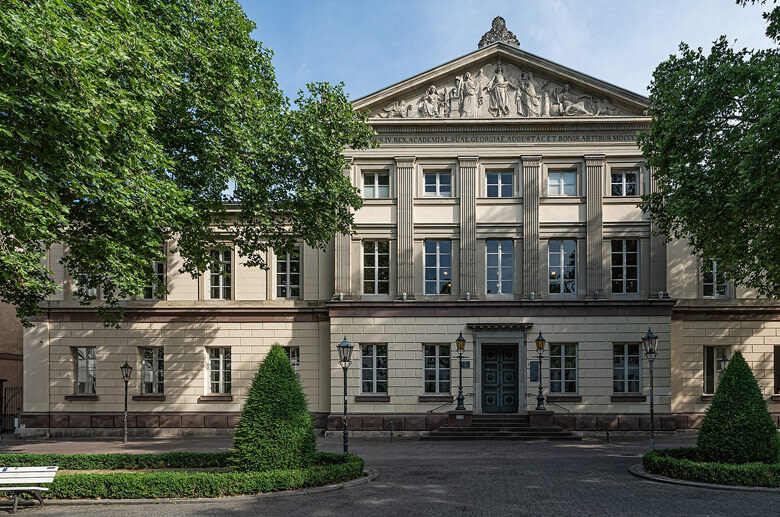
Photo A.Savin, Wikipedia
Göttingen
University of Göttingen: a center for cutting-edge research
The University of Göttingen is synonymous with scientific excellence. With a strong focus on neuroscience, it provides students with access to one of the most dynamic research environments in Europe. Home to the Göttingen Graduate School for Neurosciences, Biophysics, and Molecular Biosciences (GGNB), the university offers unparalleled training opportunities. Göttingen’s academic community is renowned for fostering innovation and collaboration, ensuring students gain both theoretical knowledge and practical expertise.

Photo Julie Boulanger on Unsplash
Québec
Université Laval, Québec: excellence across continents
Located in the heart of Québec City, Université Laval offers students the chance to experience a unique blend of European and North American academic cultures. Its neuroscience programs are internationally recognized for their focus on neurodegenerative diseases, brain plasticity, and clinical research. Students benefit from close mentorship by world-renowned faculty and access to cutting-edge technology. Québec City’s stunning architecture, rich history, and welcoming community make it an ideal destination for academic and personal growth.
Discover the opportunities awaiting you at Neurasmus’ partner universities and take the first step toward becoming a global leader in neuroscience.
You want a program overview ?

